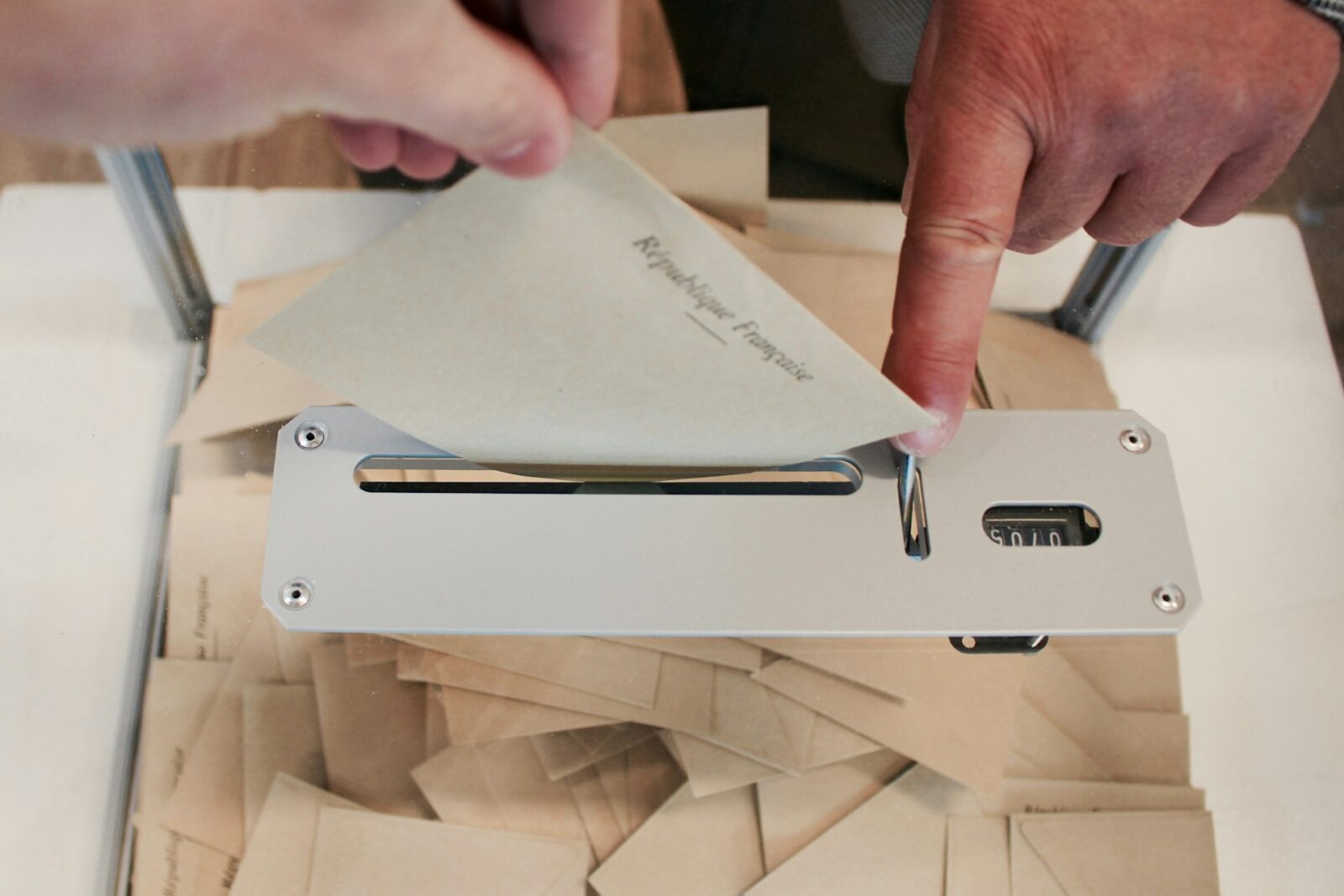Opinion polls can be best described as barometer for politics. It paints you a picture of what the feels of the public is and even estimates where the political weather might be headed. These polls represent the level of Australia’s voter activity leading to the elections or when key matters are raised. But how accurate are they? And what part they have in the functioning of our democracy
Given the info and ideas above, this discussion will also further explain how opinion polls are managed in Australia, the role they have played in the Australian political arena, and how social media trends in poll information. In addition, we will look into the forecast to know the next developments that will occur to this crucial instrument in polling and research. If you are a politics lover or simply wondering how Australians truly feel about their political leaders, there is much to uncover at this site
What is an Opinion Poll
Opinion poll is scientific method adopted to discover the feelings that people bear towards different issues, including political affiliation. In structured surveys, the investigators obtain opinions that are representative of the larger population of interest.
Often such polls use specially designed questions which are supposed to receive sincere answers. The sample size can range from hundreds to thousands of participants while maintaining the rights or national representation.
To maintain accuracy some Polls may use elements such as random sampling and stratification. This is because it implies that every stratum in the society has an opportunity to express their view.
Findings are normally presented in terms of percentage or change over time. They show not only who people like but also which issues they care about the most.
In other words, opinion polls are periodic documents of the public mind—highlighting a dynamic and evolving market with trends leaning forward to something that has happened or has been reported.
How are Opinion Polls Conducted in Australia
Namely, opinion polls australia are generally based on the combined usage of various methods. The most frequently used approach include telephone interviews, online questionnaire and personal encounters.
In order to have a random distribution, research firms tend to apply random sampling. This indicates that subject samples are drawn from across diverse demography, in other words stratified.
To begin with, after choosing the respondents, the pollsters are very keen when constructing questions. It is worthwhile to be concise and moderately impartial to prevent the given questions from suggesting answers. The polling procedure may take only several days but results reveal the nowadays collective opinion on a political question or preferred candidate, for instance.
These are made available in the mass media or disseminated by relevant associations for the purpose of sensitizing the public and shaping discourses politically all over the country.
Importance of Opinion Polls in Australian Politics
A great importance should be attached to opinion polls as they significantly influence the context of Australian politics. They serve as source of information about voters up to including their preferences and issues of concern which may be of benefit to the various parties.
These surveys are therefore familiar tools within the reach of politicians who use them to predict acceptance of certain policies. This feedback enables them either to shift to a new strategy on their campaign messaging or shift their focus to concerns that matter most to the citizens.
In the same way, opinion polls help in the construction of media stories. Media_yogi, 2016, explains that journalists employ polling data to set agendas on the positions of political parties before a vote is held, and to enlighten the electorate.
Also, they help to ensure politicians give a rightful account of their cash. At any given time that leaders notice that they have low approval ratings, it makes them consider what they need to do.
Polls also assist in predicting results of the elections, given that it prepares the electorate with their expectations on election day . Their importance is not simply in the figures but rather expression of democratic processes at work in the sociological context of Australia.
Effect of Social Media on Opinion Polling
Communication technology and more specifically social media has drastically changed the way that opinion poll is done in Australia. It is easy to access public opinions through sites such as; twitter, face book and even instagram among others. It is even easier for pollsters to quickly monitor reactions during events or announcements.
Here, the problem is in the complexity of the source spectrum of online content. Social media doesn’t tend to concentrate on one population segment as conventional polls do. This leads to a more lively yet layered view of public feeling.
But not all engagement is real and true. The notion that lies on Social networks gathers instant following on these platforms and can cause poll distortion. While real coordinated activity is often tedious or difficult to impossible to pull off, automated accounts only serve to bolster one side’s argument while suppressing the other.
Polling agencies now find themselves under pressure to adjust their methods in a way which caters to this digital effect. The fact is that an understanding of the nature of social media is essential when considering data patterns and future electoral trends in the changing Australia political landscape.
Future of Opinion Polling in Australia
The future of opinion polling in Australia is poised for a radical change of some kind. Over time, as technology continues to grow, so will the ways in which pollsters approach their work. There is increasing application of artificial intelligence and machine learning in the areas of data capture and processing, which if applied in the field will lead to more refined understanding of the sentiments of the voter.
Smartphone and tablet computers are progressively bestowal the focal means by which Australians portray their attitudes. This digitization change could thus mean more up to date polls, providing more information of public opinion as it develops. However convenient this is, the problem of how one can obtain samples that are really reflect the kind of Australian population one wants to look at, crops up again.
Also, social media analytics have the potential of retasking the way opinion poll is conducted traditionally. And trends could provide an additional data to traditional surveys: for instance, understanding trends from Twitter or Facebook.
However, as always, there are some issues which need to be coped with in the near future in order to lines up the great opportunities of refining polling practices. The levels of trust in polls have changed because of perceived inaccuracy of polls in previous elections. These are issues that pollsters need to address honestly simultaneously they are struggling to exist in a constantly shifting political environment.
Increasingly, Australians are interacting with issues through other modes than voting; so will opinion polling need to be responsive at that level, packaging much more than the raw figure of votes, a sign of a thriving democracy. A more optimistic trend is offered by future opportunities to respond to these concerns successfully.















